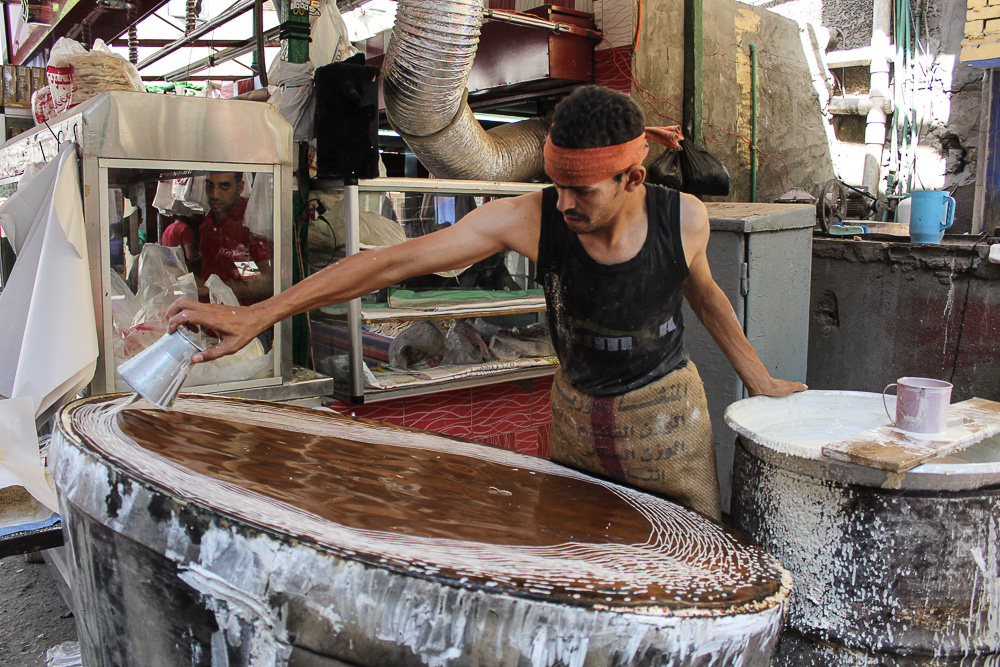
(AFP Photo)
The idea of making any extra effort in Ramadan might seem daunting at first, but if you gradually introduce sports to your routine, you might find the experience rewarding. Here are a few guidelines for safely exercising during the holy month.
- Usually your calorie intake decreases in Ramadan, at least if you are not stuffing your face at Iftar and Sohour. Therefore this is a perfect time to detox and cleanse your body. Hydration is important to make sure you do not collapse in the middle of the month. Stay away from caffeine and sugary drinks. It might be ok to sneak in a glass of juice every now and then as long as you watch your portions and do not overdo it.
- The best time for exercise is really early in the morning when you are still retaining most of your energy or an hour before Iftar so you can refuel immediately afterwards.
- Contrary to popular belief, doing sports while fasting will not make you hungry. In fact, it should better regulate your hunger and allow you to stay strong until Iftar.
- The only major problem you might face is the lack of water. The best thing you can do is to exercise in an air-conditioned place which will allow you to sweat less. In addition, regulating breathing while working out will reduce dehydration since it cools down your body. Remind yourself to inhale from your nose and exhale from your mouth.
- The type of exercise you do also affects how much liquid you lose. If you are a first-timer then you might want to avoid hardcore cardio like jogging and high-impact aerobics. Instead opt for walking, yoga or low-impact aerobics. If you feel spent at any time, decrease the intensity of your workout or rest for a few minutes until you feel well again.
- Avoid salty foods during Iftar and Sohour. Since Ramadan now falls in summer, you only have a few hours to rehydrate and refuel. Do not waste those hours on salt and sugar, which will only hurt your body and make you tired the day after. If you must have salty foods, make sure the portions are small and that you drink a lot of fluids.
- For Sohour yoghurt and fruits are your best bet, since they will not cause bloating. In addition, since both have high fluid content, they will hydrate you without straining your stomach.
- Remember to take your vitamins and supplements. Do not skip them because it is Ramadan.
- Focus on vegetables and fruits instead of dishes laced with butter and sugar to keep your diet light and healthy during the holy month.
Ramadan can be a great opportunity to build up your fitness and lose a few pounds if you do it right. Finally, remember to take it easy and listen to your body. If you feel unable to do anything, do not push yourself too hard.In the endexercising has to be fun.




